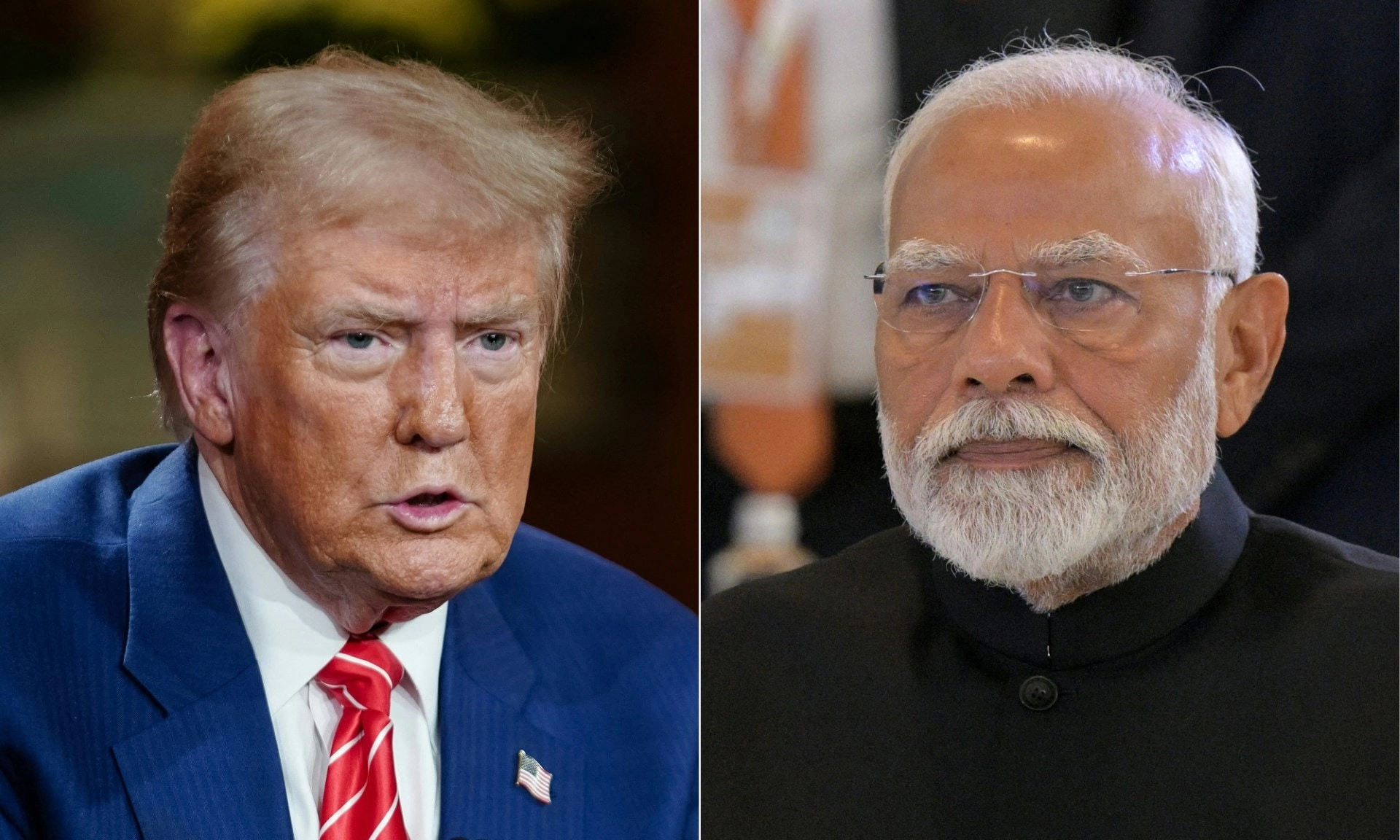In a recent statement, former President Donald Trump made a bold claim regarding India’s trade policies, suggesting that the country had offered to eliminate tariffs entirely on U.S. goods. This assertion, which he shared during a rally, highlights the complex and often contentious nature of international trade negotiations. Trump’s comments come in the context of ongoing discussions about tariffs and trade imbalances between the United States and various nations, particularly in light of his administration’s emphasis on prioritizing American businesses and workers.
Trump’s remarks about India’s supposed offer could be seen as an attempt to bolster his image as a dealmaker who can negotiate favorable terms for American interests. By framing the conversation around India’s willingness to cut tariffs, he positions himself as someone who is actively engaged in fostering better trade relations. However, critics may argue that such claims should be scrutinized carefully, as the nuances of international trade agreements often involve a multitude of factors beyond mere tariff rates.
Moreover, Trump’s statement raises questions about the broader implications of trade relations with India. The country has emerged as a significant player in the global economy, and its trade policies directly impact various sectors in the United States. If India were indeed to lower tariffs significantly, it could create new opportunities for American exporters, particularly in industries such as agriculture, technology, and pharmaceuticals. Conversely, the potential ramifications for domestic industries that compete with Indian imports could spark debates about the balance between free trade and protecting local jobs.
As discussions around tariffs and trade continue to evolve, it remains crucial for policymakers to engage in constructive dialogue with international partners. Trump’s assertion about India’s offer serves as a reminder of the ongoing complexities involved in global trade negotiations. While the prospect of reduced tariffs may be attractive, the reality of implementing such agreements often requires careful consideration of economic and political factors on both sides. Ultimately, fostering positive trade relations will necessitate collaboration and understanding among nations, ensuring that the interests of all parties are taken into account.




